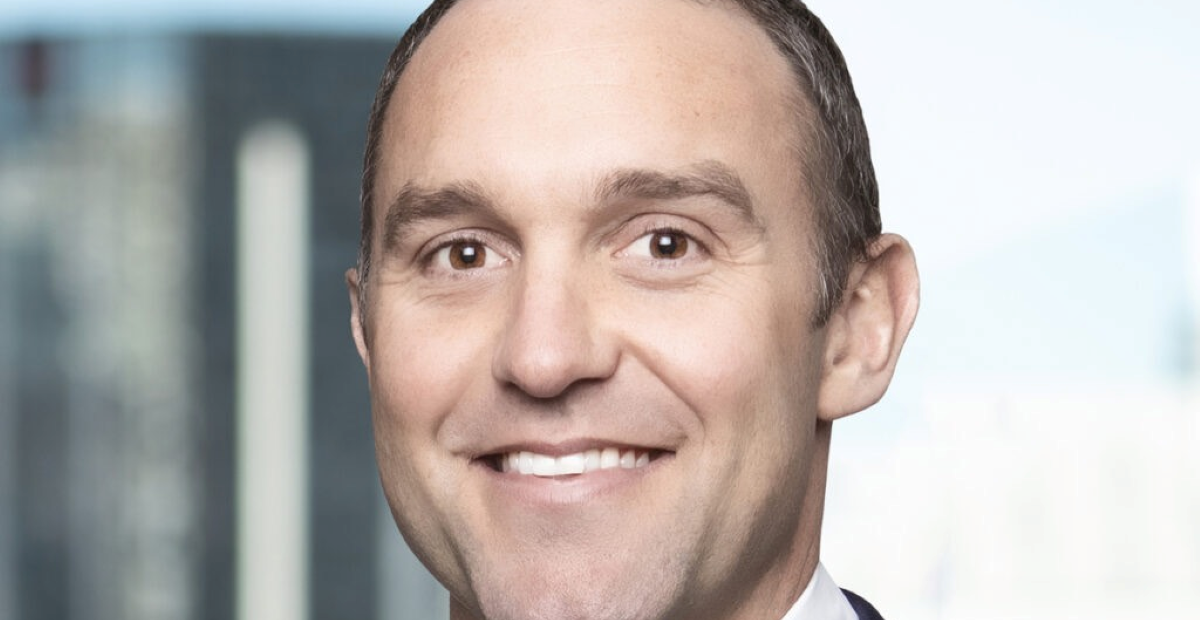Spire Capital’s niche play in data centre boom nears completion

Australian boutique private markets firm Spire Capital is approaching the final stretch of a seven-year strategy to leverage the global demand for data infrastructure that has been unleased by cloud computing, content creation and AI.
On October 31, the winner of the Other Alternatives category in this year’s Financial Newswire/SQM Research Fund Manager of the Year Awards will close the Spire US Data Centre Colocation Fund III (AUD) to new investment following the completion of its final capital raise.
The ‘data centre colocation’ part of the fund’s name refers to retail colocation data centres, which allow businesses to rent space and services.
It’s the type of ‘infrastructure adjacent’ investment that Spire Capital favours because, it says, they benefit from the same underlying macroeconomic drivers but with the potential for higher risk-adjusted returns thanks to a larger operating component.
They’re also typically not dominated by institutional and venture capital investors.
In exploring the investment opportunity presented by the rise of data, Spire Capital Head of Investments Stuart Haigh said the firm recognised early on that they would need to look outside of wholesale data centres, cell towers and consumer-facing telco assets.
Working with US-based private equity firm Valterra Partners, the pair identified private retail colocation businesses as a potential sweet spot, and in 2020 invested in a US-based one called ColoHouse.
“We’re trying to help local family offices and high net worth investors get access to things that aren’t readily available for local people,” Mr Haigh said.
Valterra, as lead investor, and Spire have spent the last four years growing ColoHouse into a complete solution for businesses that don’t need their own private data centre, but do need space in one that offers speed, security and services.
This final capital raise is to fund the acquisition of HiVelocity, a provider of dedicated, or bare metal, servers.
“We’ve got the prime locations across the national footprint, we’ve got retail colocation, and now we’ve got the ability to stack on top of that the bare metal, which is effectively the service and integration,” Mr Haigh said.
The fund is targeting an Internal Rate of Return that is 2.5 times the original investment over a three-to-five-year hold period. The minimum investment is $100,000.
While this particular strategy is nearing completion, Spire will continue looking for infrastructure adjacent opportunities across sectors, with past examples including local waste management and poultry processing businesses.
“We’ve only targeted businesses that are performing essential services that have pricing power,” Mr Haigh said.
To help them identify those opportunities, they partner with specialists like Valterra, with Spire bringing both funding and management expertise to the table.
“Our skillset is more around picking teams and themes and then using our expertise… to hold the businesses and the sponsors to account,” Mr Haigh said.











I'm just going to assume you don't advise clients. If you don't know the difference between ASIC having an issue…
I used to think Australia was a 1st world country. Now I see it as being a 3rd world joke…
"Collective charge" is the new name for "Fee for No Service" Didn't we have an entire Royal Commission about exactly…
So I'm redoing fact finds for new widows so we can write a new SoA so we keep pensions running…
Unfortunately FAAA don't have endlessly deep pockets like union funds who just use members' money when bribing, sorry I mean…